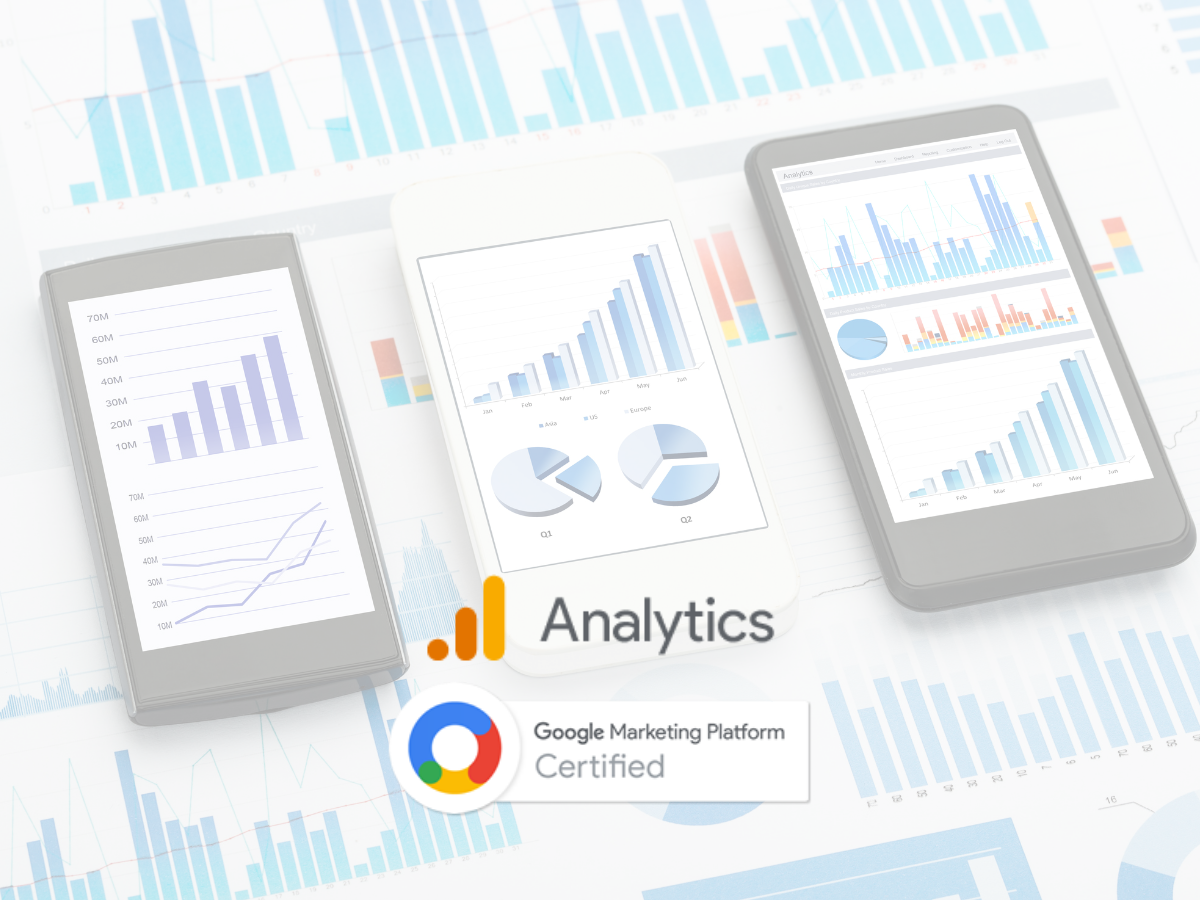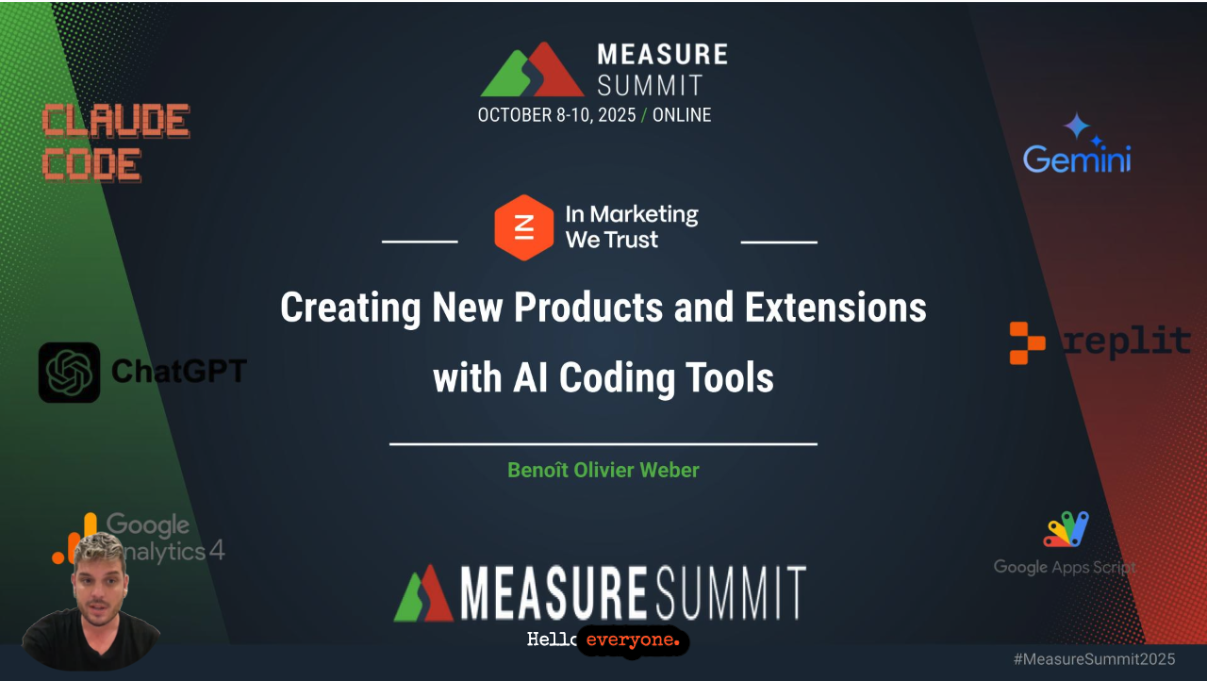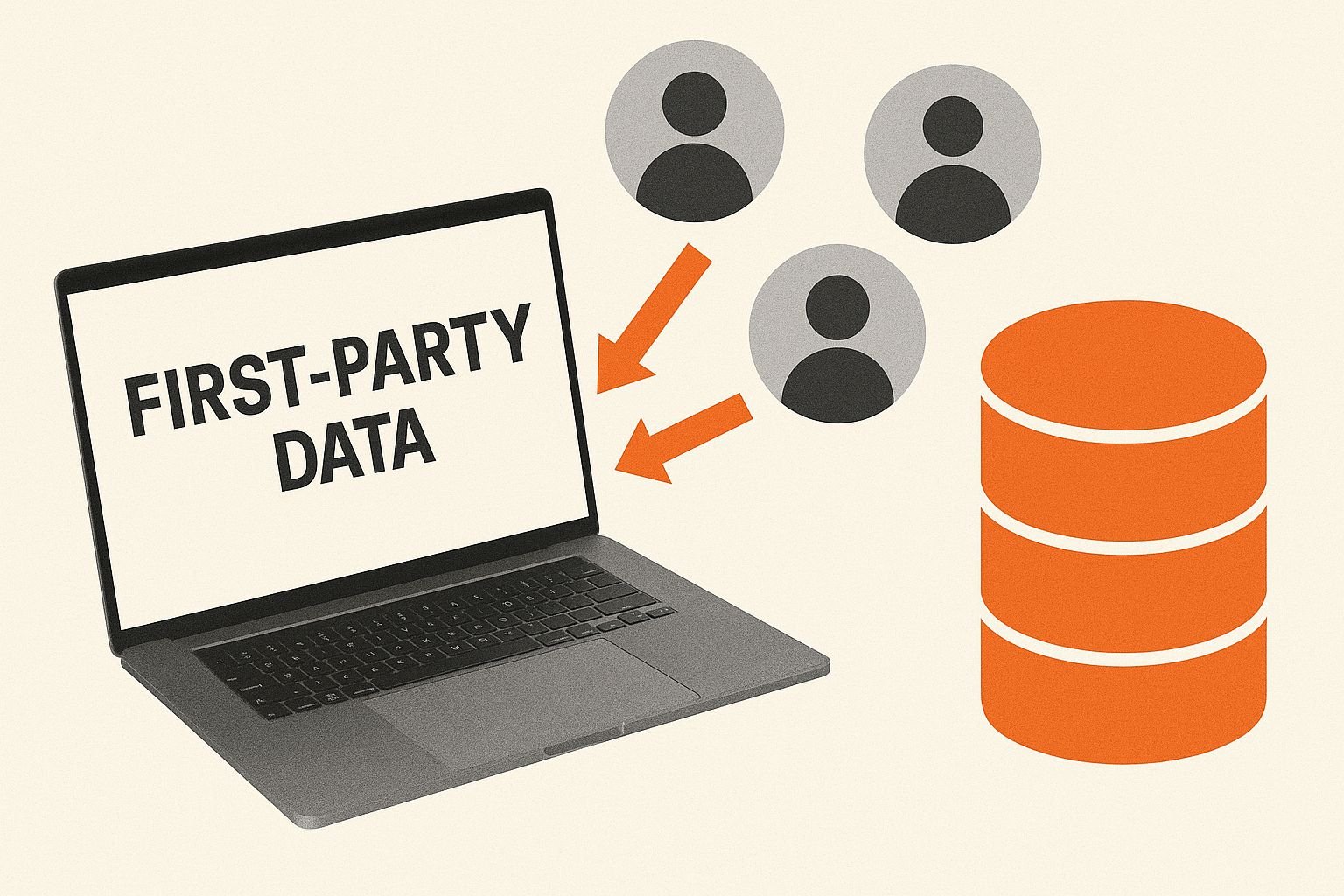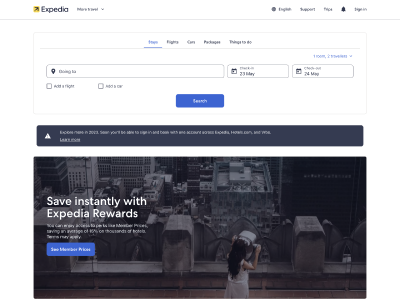Get the Most Out of Your Google Analytics Partner: 4 Practical Tips on Working with Digital Analysts
In today’s society, data collation and analysis are integral to help businesses better understand their customers and find opportunities to increase their bottom line. In fact, with the proliferation of data, it is important to make sense of what has been collected so that the findings can be used to inform business decisions. In this post, you’ll learn how to get the most out of your Google Analytics partner with these 4 practical tips on working with digital analysts.
As a leading Google Analytics partner, In Marketing We Trust have worked with some of the best data analysts. Data analysts are the key to unlocking the meaning behind the numbers you see in Google Analytics. However, as crucial as they can be to business success, the relationship between data analysts and their stakeholders is not without its challenges. It is common for analysts to comment on how both internal stakeholders and external clients do not understand how to work with them for the best results – failing to explain context, for example, micromanaging, or not providing sufficient time.
While these are some of the challenges that data analysts face, the solution to this is to open up communication and to educate stakeholders on how to work the best with their analysts.
So here are four tips to help you get the best results from your Google Analytics partner.
#1 Include your Google Analytics partner at the beginning of projects
As part of most projects in business, analysis is undertaken post-launch to evaluate its performance and to identify further opportunities. For example, if you choose to launch a Google Ads campaign, you will want to understand its performances through metrics such as reach, click volume and cost per click. However, data analysts are often included in projects too late – when it has already been partway developed or has already been launched. This poses significant challenges as any additional requirements to track performance will require more time and resources to update the current build in Google Analytics and Google Tag Manager.
If there is a tight deadline for delivery, this places immense pressure on your Google Analytics partner to implement tracking and they are more likely to make mistakes. Additionally, if the project has already gone live, certain performance metrics may not have been captured altogether.
Understanding these challenges, it is crucial to invite your Google Analytics partner to initial meetings where the project is being developed. This will provide the analyst with context and will also ensure that they feel embedded as a core member of the team. They will be able to clarify with you any questions they may have and provide insights into different approaches that may better suit the project. The better your Google Analytics partner understands your situation, the better they can provide actionable results.
Common questions the analyst will ask include:
- What are the timings of the project?
- What problem is this project trying to solve?
- What would be regarded as success metrics for this project?
- How would you like the analysis to be presented (e.g. dashboard, presentation, written report)?
#2 Ask honest questions and don’t micromanage
In addition to providing context to the analyst and the problem you are trying to solve, it is important to relay to the analyst what questions you would like answered.
- Are there specific segments you would like them to explore?
- What metrics are you interested in knowing (e.g. bounce rate, time on page, average number of pages per session)?
It is important to give your Google Analytics partner the time and space to explore the data and unearth actionable insights. It is important to not bias the exploration phase by drawing conclusions based on a “gut-feel” and requesting the analyst to seek an answer to support that theory.
The story unfolds through the interpretation of data, as opposed to manipulating the data to support a story. If it were the latter, it would ultimately defeat the purpose of data being fact-based to drive sound business decisions. Given enough depth and room to roam, a strong analyst can find the data’s story and tell it in such a way that provides actionable or interesting insight.
#3 Explain the history of the data
It is important to provide context about the data, particularly how it has been historically collated, processed and analysed. This is an opportunity to shed light on information that may impact your Google Analytics partner’s ability to deliver high-quality work.
Some questions analysts may be interested in understanding:
- What data is available?
- How much data is available?
- Where is the data housed?
- What’s been done to the data? Is it raw, or has it been transformed in some way, and how?
- Are there any unique processes that need to be explained in regards to data extraction/analysis?
#4 Provide lead time for delivery
As analysts generally work on multiple projects, it is important to ask them what lead time they will require to conduct a piece of analysis. It is important to establish an expected delivery date. If their lead time is two weeks, it would be advisable to reach out to them a few days earlier than the two weeks to remind them of the upcoming project. This not only ensures that expectations are appropriately managed, but it also demonstrates consideration of their time and effort.
In summary, it is important to establish a strong working relationship with the analysts in your team. Not only does your Google Analytics partner hold the keys to vital information but it will also allow for a more seamless operating rhythm, where projects can be consistently delivered at a high standard. And remember – analysts are people too – just like me and you!
If you are interested in upskilling your staff in Google Analytics, feel free to reach out to us. As leading Google Analytics Partners, we not only offer training, but we also conduct analytics audits, implementation and advanced analysis.













